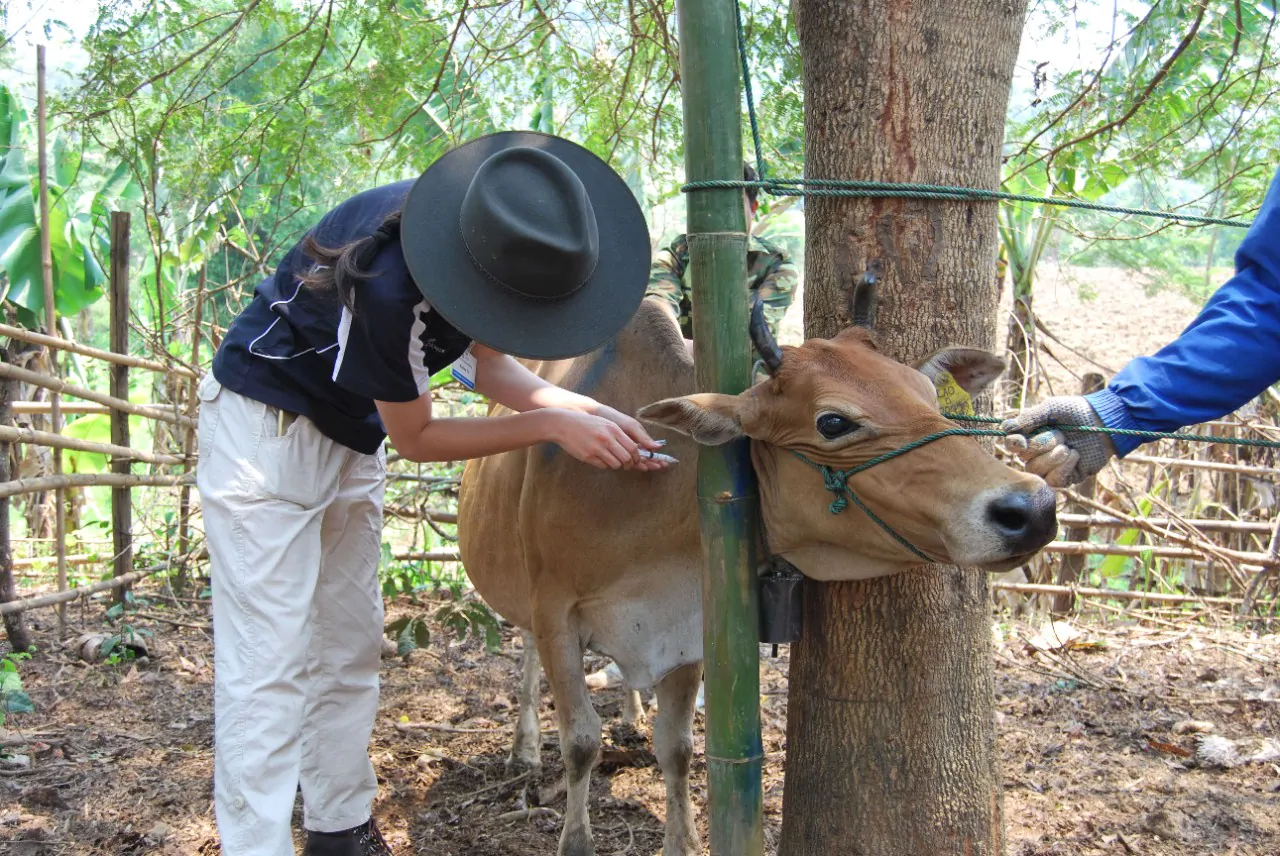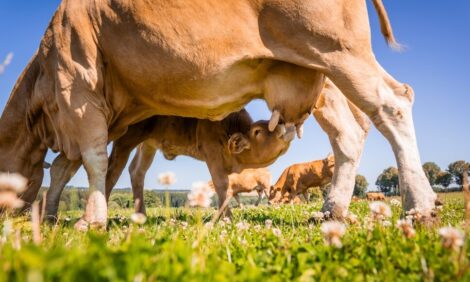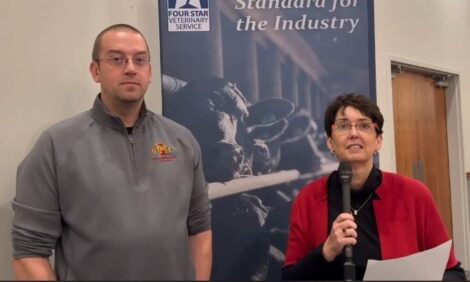



COVID-19: animal disease detectives being trained across SE Asia, Pacific
Project work in 11 countries funded by the Australian Department of Foreign Affairs and Trade will aim to prevent spread of zoonotic and animal diseases. Associate Professor Navneet Dhand from Veterinary Science leads the multi-agency program.qAnimal disease detectives program As the coronavirus crisis continues to unfold, a consortium of veterinary scientists has been established to train a new generation of ‘animal disease detectives’ in 11 countries across Southeast Asia and the Pacific.
“A year after African swine fever wiped out more than a quarter of the global pig population and with more than 200,000 people dead from COVID-19, equipping veterinarians with the tools for disease outbreak investigation and surveillance has never been more important,” said program leader Associate Professor Navneet Dhand from the University of Sydney School of Veterinary Science and Marie Bashir Institute for Infectious Diseases and Biosecurity.
The scientific consortium includes more than 40 experts from veterinary schools across Australia, New Zealand and the Asia-Pacific.
“The coronavirus outbreak has underlined how urgent this work is,” Associate Professor Dhand said. “The majority of emerging infectious diseases, such as coronaviruses, are zoonotic: they spread from animals to humans.
“To protect humans from these diseases we must look for pathogens and disease ‘upstream’ in domestic animals and wildlife before they spread to the human population.”
Associate Professor Dhand said the consortium will engage with government animal health authorities and educators in the Asia-Pacific region to strengthen the capacity to detect, respond, control and prevent animal disease outbreaks that could affect human health, animal health and farmer livelihoods.
The program is funded by the Indo-Pacific Centre for Health Security at the Australian Department of Foreign Affairs and Trade.
Associate Professor Dhand said: “Our program will support our neighbours’ efforts to deal with these emerging threats and in doing so, strengthen Australia’s biosecurity, health and economy.”
Researchers emphasise that while this coronavirus has its origins in an animal transfer, there is no evidence the COVID-19 virus can be contracted from pets or other animals.
Transboundary animal diseases, which travel quickly across borders, and zoonotic diseases, which transfer from animals to humans, are increasing in frequency due to a range of factors, Associate Professor Dhand said. These include population growth, urbanisation, land-use change, encroachment into wild habitats and increasing global air travel.
“These diseases can spread rapidly across borders and have huge economic and health impacts. We are finding this out right now with coronavirus,” he said.
The DFAT-funded program will develop capacity for early intervention in the investigation and management of animal disease outbreaks in the Asia-Pacific region, helping to halt the spread of transboundary diseases.
“We will work with our international partners by strengthening on-the-job training for veterinarians and para-veterinarians,” Associate Professor Dhand said.
“Our focus on disease surveillance will support veterinary authorities to identify any change in animal health patterns so that early intervention and preventative actions can be taken to stop the spread of disease,” he said.
Alongside the on-site training, veterinarians and para-veterinarians will be offered project work with their in-country animal health ministries. Selected candidates will be provided with fellowships for further training in Australia’s world-class veterinarian schools.
TheCattleSite News Desk


